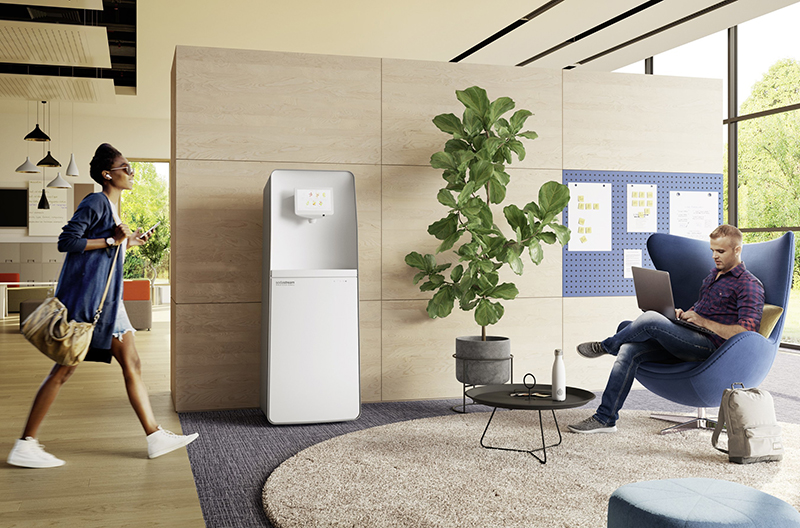Purchase, New York-based PepsiCo intends to double the percentage of all beverage servings it sells delivered through reusable models from 10 to 20 percent by 2030.
Offering its beverages in reusable packaging has been an element of the company’s Sustainable Packaging Vision since 2018, when PepsiCo invested more than $3.2 billion to acquire SodaStream and joined the New Plastics Economy Global Commitment.
Reuse is also a critical need to meet PepsiCo’s goals to reduce virgin plastic per serving by 50 percent by 2030 and to become net zero by 2040, and progress toward these goals will be driven by increasing recycled content in its packaging.
Aligned with the Ellen MacArthur Foundation’s “Reuse – Rethinking Packaging” framework, PepsiCo will pursue four approaches to achieve its new packaging goal, including expanding its SodaStream business at home and in workplaces through SodaStream Professional; building out its refillable plastic and glass bottle offerings in partnership with PepsiCo bottlers; growing its fountain drinks business with reusable cups; and accelerating growth in powders and concentrates.
“Fundamentally transforming the traditional beverage consumption model will require making reusable and refillable options accessible and convenient, at scale, for consumers – and that’s what PepsiCo aims to do,” said Jim Andrew, chief sustainability officer.
“PepsiCo will accelerate our investment in disruptive innovation and advocate for policies that allow us to scale up reusable packaging options, platforms and programs so that we can offer consumers a wide variety of alternative ways to enjoy their favorite beverages while moving away from reliance on single-use packaging.”
Sander Defruyt, the Ellen MacArthur Foundation’s plastic initiative lead, agreed, “We know we cannot recycle our way out of this plastic pollution crisis. By avoiding single-use packaging waste in the first place, reuse business models are an important part of creating a circular economy.
“Our latest Global Commitment report illustrated the lack of progress on reuse across the industry, and highlighted a lack of ambition when it comes to reuse strategies. We welcome this step forward by PepsiCo and we hope other global brands will follow suit and similarly set quantitative reuse targets helping to reduce their use of virgin plastics in packaging.”
Most recently, PepsiCo joined the Closed Loop Partners NextGen Consortium. Through the consortium, it is working with stakeholders to design and test new models to enable the scale up of reusable cups, a component of supporting a reuse infrastructure alongside beverage fountains.
For more packaging news from The Shelby Report, click here.

